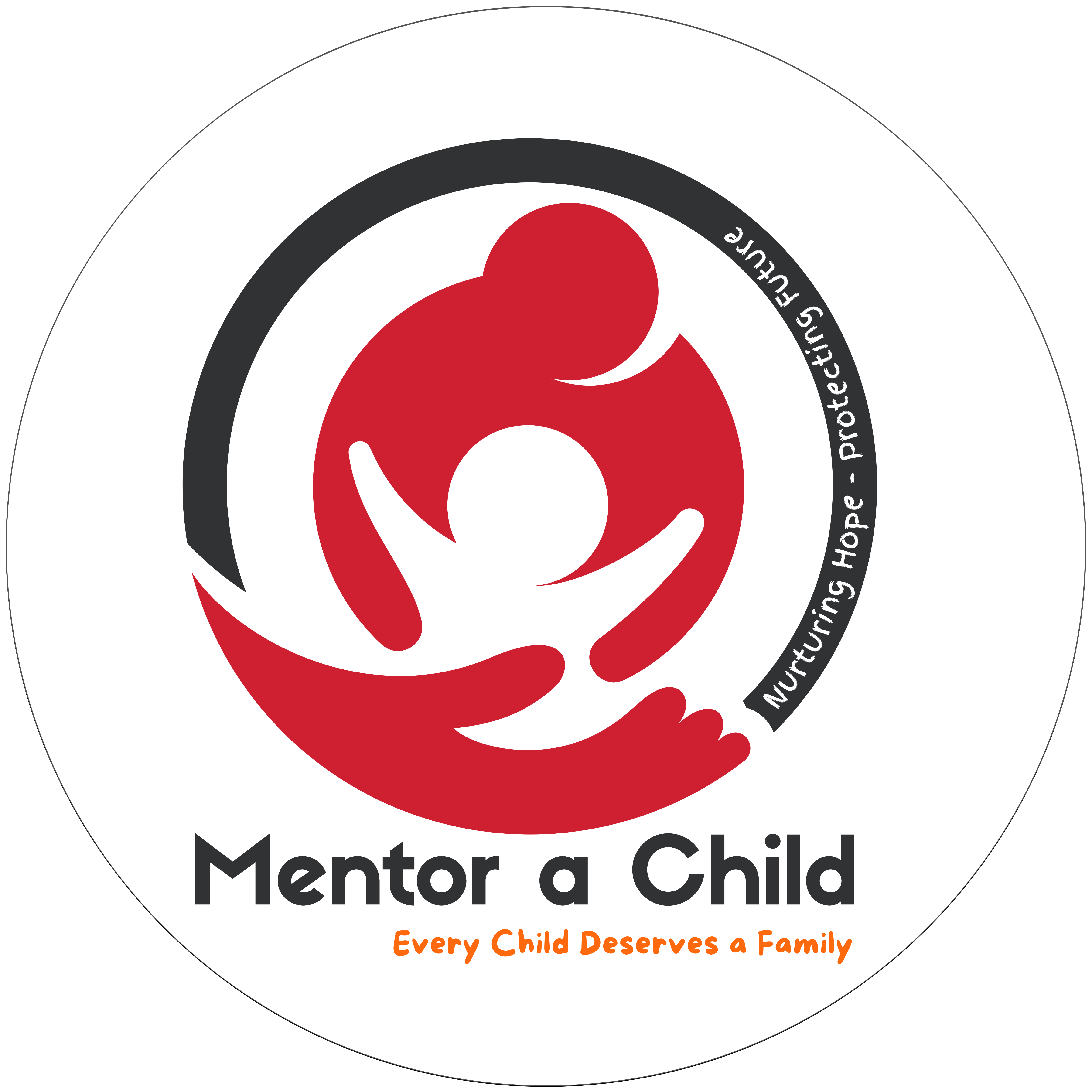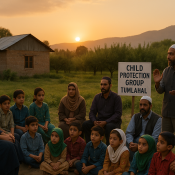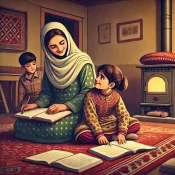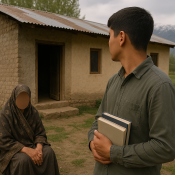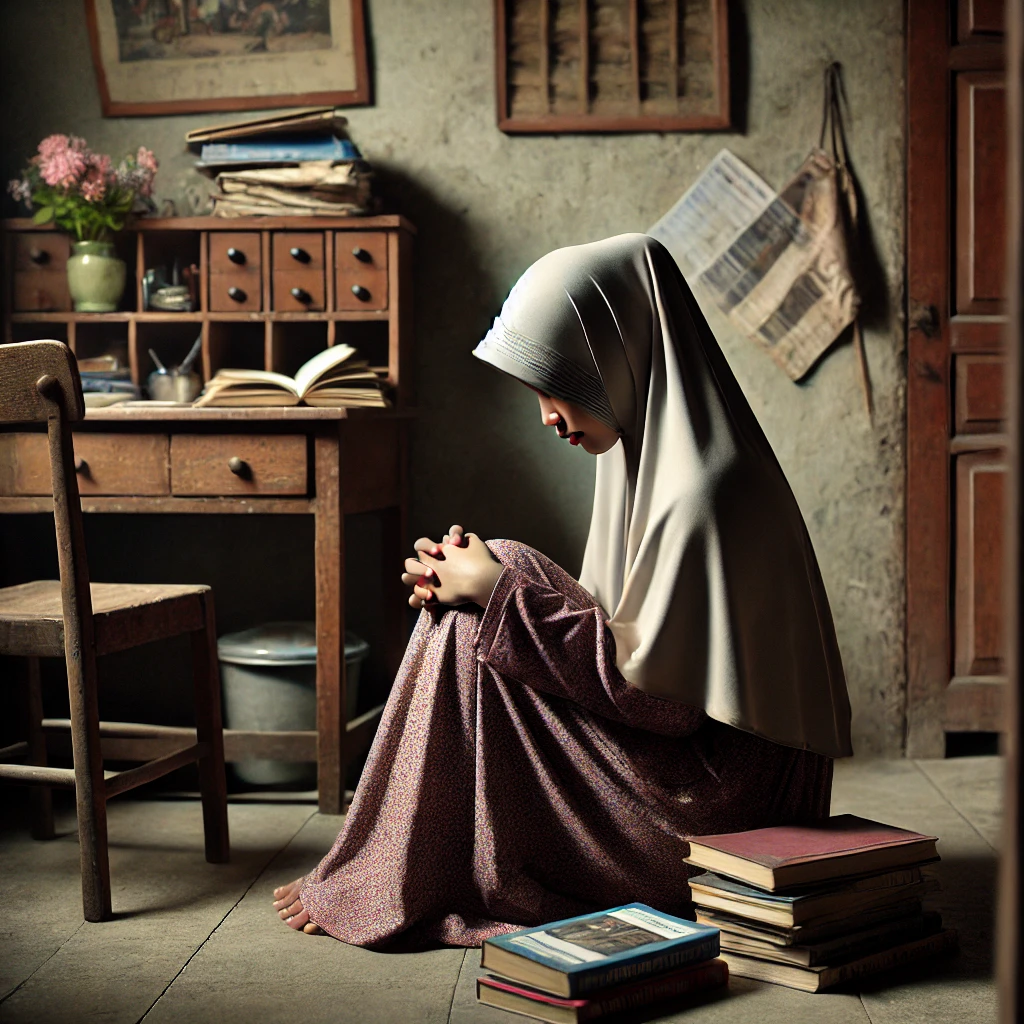
The Price of Growing Up Too Soon
Asima (Name Changed) is 22, from a small village in the Shopian district of Kashmir.
As she looks back into the eyes welling up tears for telling about her childhood or what seems more to say never really existed.
“I do not even recall when I was a child,” she speaks with soft tone. “As if never gave a chance to be.”
At seven years old, Asima ‘s world came crashing down when her father, a daily wage laborer, fell ill. What followed was a cascade of events that would forever alter the trajectory of her life and that of her two younger brothers—then aged five years and six months.
Their mother, overwhelmed by poverty and desperation, initially sought help from neighbors and relatives while taking odd jobs to feed her children. But in a society quick to judge, whispers turned to accusations. The children’s mother, her dignity eroded by malicious gossip about her character, made what she saw as her only choice: leaving her children with their paternal uncle and starting a new life through remarriage.
Then it was that the fairy tales by Asima went dark. Those fantasies of Cinderella and Hansel and Gretel became her own living reality as her peers relished their childhoods. While others were able to enjoy a childhood, Asima was the one managing the household, cooking, and cleaning for her uncle’s family. Her brother was not even past his teens as he was off to work in orchards.
“We know we’ve been raised by our uncle,” Asima says, “but to be honest, our needs were never fulfilled satisfactorily.” Education was a battleground of denied opportunities for the siblings. Though they got free education till tenth standard in a government school, academic ambitions were thwarted time and again by the constraints of money—or rather, by their uncle’s reluctance to invest in their future.
In the new home, jealousy and resentment complicated the family dynamics. “Whenever our uncle wished to help us—even for basic things like Eid clothes or school books—his wife and children would stop him,” Asima reveals. “They would verbally abuse us, and even abuse him for taking us in.”
Perhaps the most tragic tale is of their lost inheritance. Their father had left them an orchard and a house—a future to rely on. These properties went to their uncle’s possession, without them ever knowing the size or worth of them. Fright prevents them from demanding what’s rightfully theirs; they become entangled in the vicious cycle of dependency and suffer silently.
The mental toll has been severe. Asima ‘s younger brother once attempted suicide after being falsely accused of theft during his late-night study sessions. “He kept weeping and cursing the day when our father and mother left us alone,” Asima remembers, her voice breaking.
Even simple health care is a struggle. When Asima developed kidney stones, it was not her guardian but her absentee mother who sent money for treatment. “We know our uncle is giving us food,” she says with bitter resignation, “but animals and birds are also being fed. He or his wife never understood that a girl has other personal requirements too.”
According to child welfare experts, this case highlights the complexities of kinship care, which is often considered an ideal service to be offered to children without parental care. Though international principles in social work, as well as the UN Convention on the Rights of the Child, stress family-based care, the story of Asima reveals how placement with relatives, without proper oversight and support, can become another cycle of neglect and abuse.
With Asima at the threshold of adulthood, this tale reminds the world that mere exclusion of children from institutional care is not a panacea. Instead, there has to be more focus on quality care, emotional support, and protection of their future interests. Behind what looks like a child welfare solution lies stories like that of Asima : urgent needs for better monitoring and support systems of kinship care arrangements.
For now, Asima and her brothers just continue their quite fight, in their dreams they hang education as well as good future prospects on mere threads of hope, while they inherit an orchard that blooming for another’s benefit.
